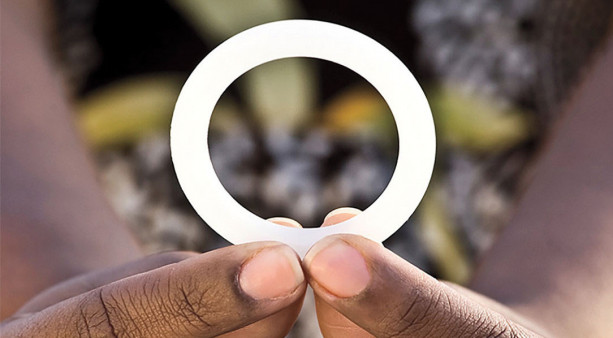The monthly dapivirine vaginal ring and daily oral pre-exposure prophylaxis (PrEP) with tenofovir disoproxil fumarate and emtricitabine [Truvada and generic equivalents] were each found to be safe for HIV prevention among cisgender women who started using one of them in their second trimester of pregnancy, according to findings presented today at the 2024 Conference on Retroviruses and Opportunistic Infections (CROI) in Denver. Pregnant people are estimated to be three times more likely to acquire HIV through sexual intercourse than similarly aged people who are not pregnant.
The large clinical study was conducted in South Africa, Uganda and Zimbabwe by the Microbicide Trials Network, an international research network funded by the National Institute of Allergy and Infectious Diseases (NIAID), part of the National Institutes of Health, with co-funding from the Eunice Kennedy Shriver National Institute of Child Health and Human Development and the National Institute of Mental Health.
The dapivirine ring is made of flexible silicone, continuously releases the antiretroviral drug dapivirine into the vagina, and is replaced monthly by the user. It is approved in several African countries and recommended by the World Health Organization for HIV prevention. Data have been limited on dapivirine ring use in pregnancy. Some participants in previous studies became pregnant while using the ring and discontinued use promptly with no concerning findings, however it had not been specifically studied in this priority population. The safety of oral PrEP with tenofovir disoproxil fumarate and emtricitabine has been well established among pregnant cisgender women with HIV taking them as part of a treatment regimen. Several country regulatory agencies have requested data on oral PrEP use during pregnancy for prevention to complement that evidence.
Participants were aged 18 to 40 and randomized to receive the ring or oral PrEP until delivery or 41 weeks and six days, whichever came first. Of 248 pregnancies, 1% experienced stillbirth or miscarriage, 95% of deliveries were at term and 4% were preterm. Four percent of live births had congenital anomalies, none of which were related to study products. These trends and other pregnancy complications occurred at a similar frequency to a reference dataset of more than 10,000 deliveries at the same hospitals and no study participants acquired HIV.
According to the authors, the findings, along with those from earlier cohorts in the large clinical study, as well as observed pregnancy outcomes in other studies of these products, demonstrate the ring and oral PrEP to both be safe for HIV prevention throughout pregnancy.
For more information about this trial, please visit ClinicalTrials.gov study identifier NCT03965923.
This news release was published by the National Institutes of Health on March 5, 2024.







Comments
Comments